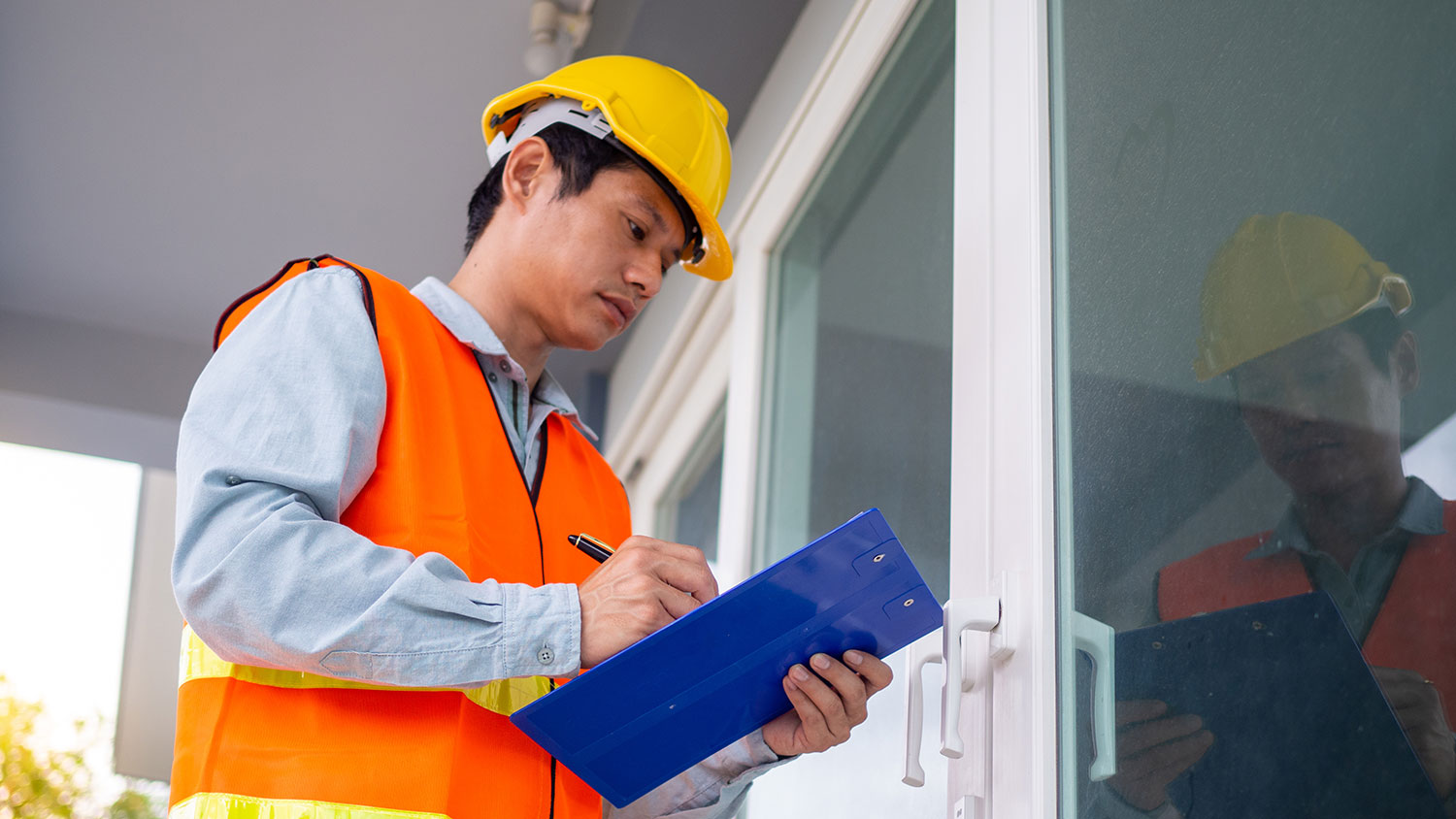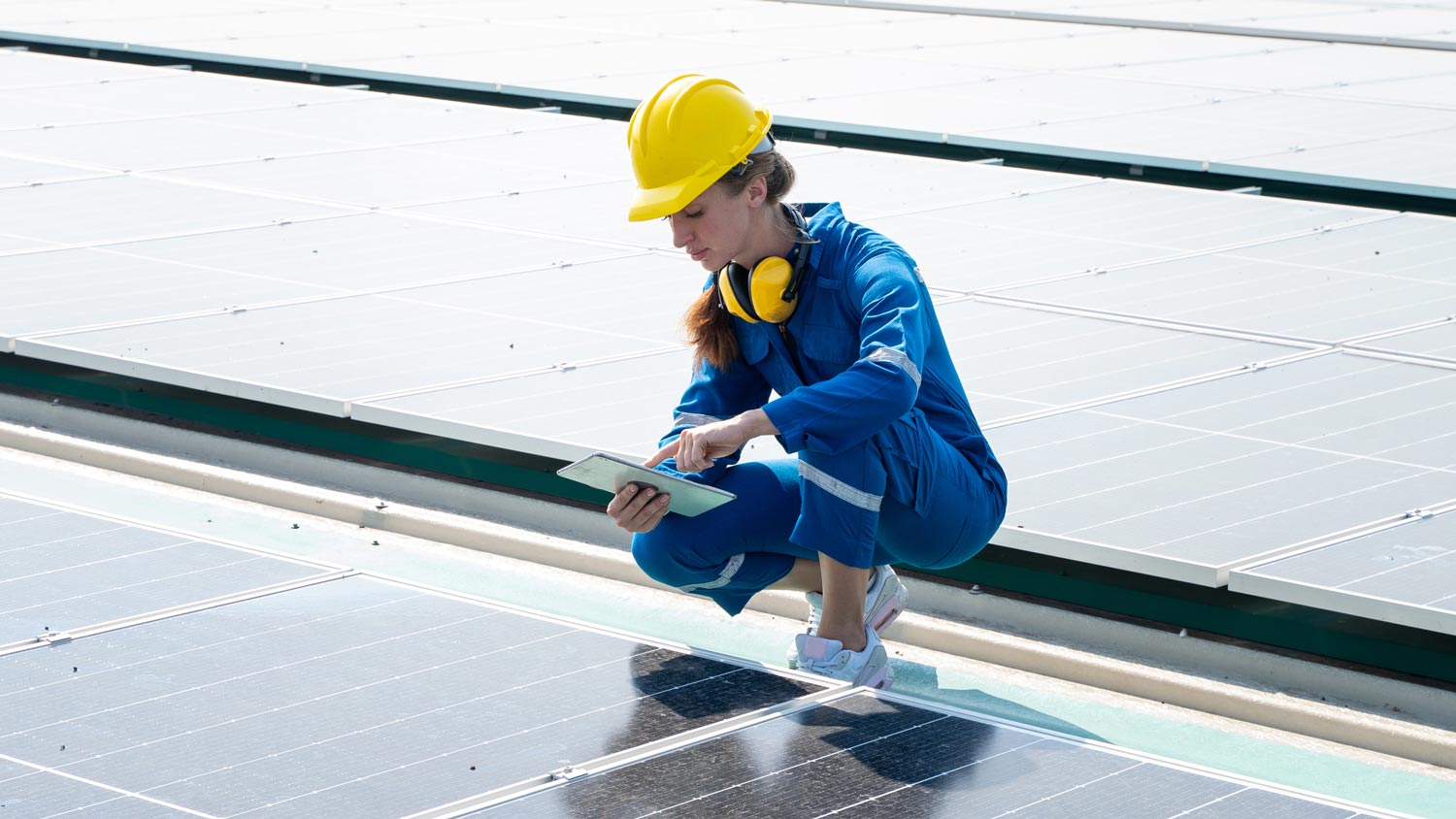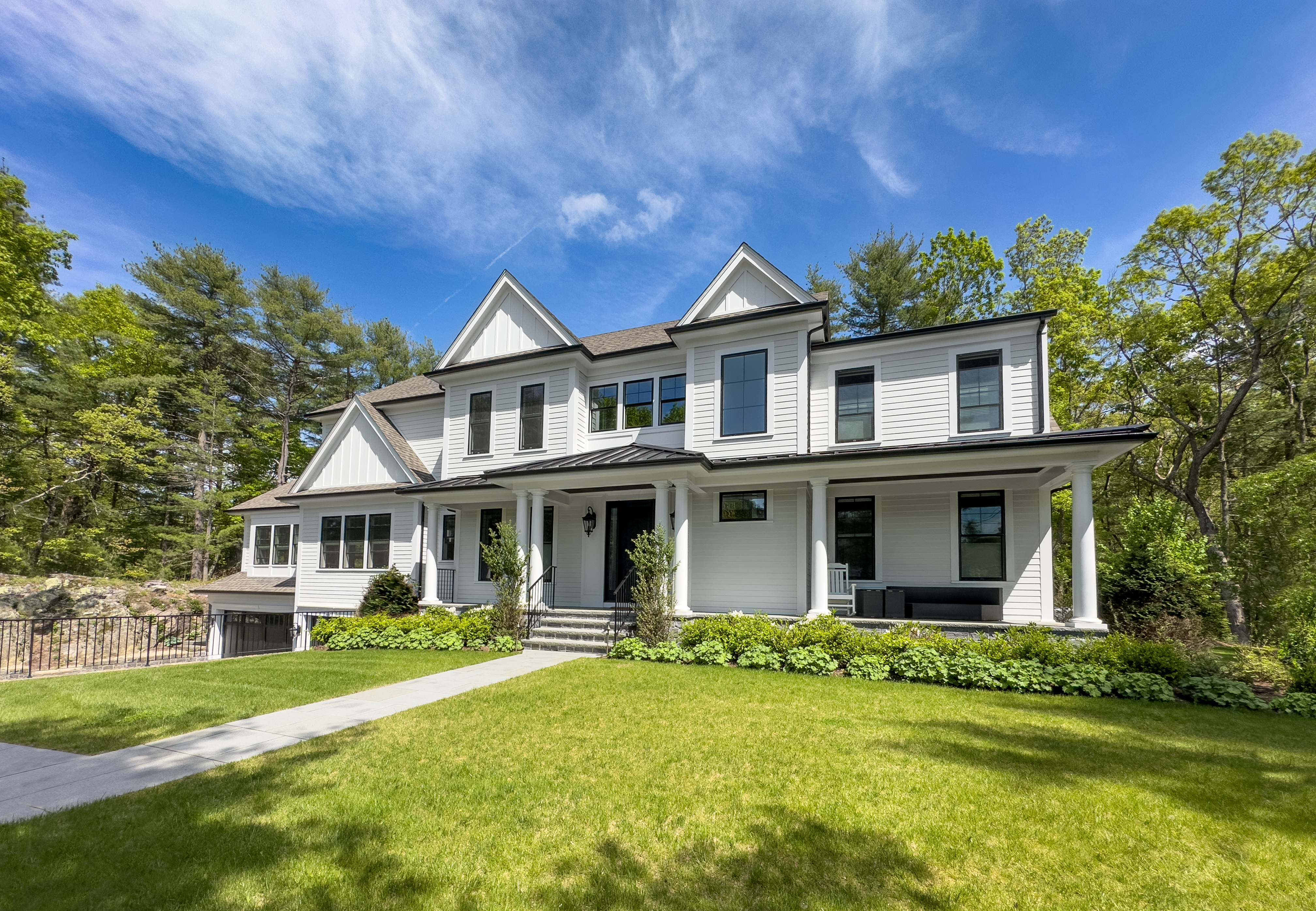
Discover the average home energy audit cost, what impacts pricing, and how to save money on your audit. Get transparent, expert-backed cost info for homeowners.
Everything you’ve ever wanted to learn about DERs but were afraid to ask


A deep energy retrofit is an inspection process that reduces energy consumption.
A deep energy retrofit combines whole-home analysis and related renovations.
The goal of a DER is a 50% reduction in home energy use.
The major benefits of a DER include lower energy bills and a lessened environmental impact.
Unfortunately, deep energy retrofits are extremely expensive and require a team of pros.
Unless you live by candlelight, you know that energy bills are no joke. If you’re on the hunt to cut down your bills, you might have run across a deep energy retrofit. But what is a deep energy retrofit, how does it benefit you, and how do you start? Keep reading to find out.
The term deep energy retrofit is fairly broad, but most experts define the practice as a thorough inspection and remodeling process aimed at improving a home’s energy performance. Professionals conduct relevant inspections, perform standard energy audits, seal off any obvious leaks, and finish major home renovations, all to reduce energy consumption by at least 50%.
Think of a deep energy retrofit as a two-part puzzle. First, there is the whole-building analysis, including any relevant inspections. Next, contractors act on that analysis, making the necessary renovations using modern construction practices.
Obviously, the major benefit is a drastic reduction in your home energy usage, but a deep energy retrofit (DER) goes much further than that. Here are some of the major benefits to this practice.
Perhaps the best consequence of conducting a DER is an eye-popping reduction in your monthly energy bill. Remember, the holy grail of these holistic retrofit projects is at least a 50% reduction in energy usage, which translates to smaller monthly bills. Some companies even promise energy reductions beyond 50%, up to 90% in some cases. Now, this doesn’t always translate to an exact one-to-one decrease in your monthly utility bills, but you’ll absolutely see some significant savings.
With those savings comes a lessened environmental impact. Due to the reduction in energy usage, your home requires less fossil fuels and, as such, the property’s carbon emissions footprint experiences a fairly drastic decline. In addition to this, many recommended renovations include the addition of solar panels and other “green” whole-home add-ons like modern HVAC systems with smart features.
All DER projects differ, depending on the home and the company’s renovation philosophy, but they all pay special attention to the HVAC system. Retrofit pros conduct thorough inspections to analyze every detail regarding the system’s overall performance.
In most cases, a pro replaces the whole system with a modern HVAC unit designed to decrease energy consumption and increase the home’s air quality. These newly installed units also even out humidity levels, with many pros adding perimeter drains in the basement, exhaust fans throughout the home, and a whole-house ventilation system.
Extreme weatherization is a major aspect of any deep energy retrofit. Your home requires the most energy, after all, during those intense winter and summer months. Many DER projects involve reinforcing the insulation, sealing off any cracks or holes throughout the property, and even installing new energy-efficient windows. The end result? A decrease in energy usage but an increase in thermal comfort for the average homeowner.

Many companies specialize in deep energy retrofits, including local energy auditors. However, a DER only starts with this whole-house energy audit. Retrofit experts employ a team of professionals, starting with a local home inspector.
Depending on the combined recommendations of the auditor and the inspector, the company hires a bevy of contractors, including plumbers, solar energy specialists, insulation experts, HVAC installers, electricians, and, well, just about every other type of home contractor. Deep energy retrofits are holistic procedures and involve every aspect of a home.
Now here’s the rub: Deep energy retrofits are pretty expensive. You start with the inspections and audits. A whole-home inspection costs around $200 to $400 and an energy audit costs $400 to $700. Expect to hit the high-end of those estimates, as these retrofits require thorough analysis.
However, inspections are just the first step. The goal is a reduction in energy consumption by at least 50%, and getting there requires a whole lot of work by a whole lot of people. Of course, it varies depending on the house and the recommendations issued by the inspectors, but you’ll pay at least $10,000 for a top-of-the-line HVAC system.
Insulation also adds up, with attic insulation costing as much as $3,500, crawlspace insulation costing as much as $7,000, and roof insulation costing as much as $8,000 or more. DER projects also require plumbers, general contractors, electricians, and more. In other words, the costs easily add up to $50,000 to $100,000. A 2014 study sponsored by the New York State Energy Research and Development Authority confirms this $100,000 price tag.
This is a relatively new field, so not every home inspector and energy auditor out there specializes in the practice. Your best bet? Make a list of local home inspectors and energy auditors and give them a call or email.
Be specific when you talk and mention deep energy refits and your desire to reduce your home’s overall energy consumption. Ask about their comfort taking on this type of project and their overall experience level. Also, be upfront about your budget, as this impacts the number and type of subcontractors brought in. Ask for customer referrals and talk to them before making a hire.
This is at least $50,000 we are talking about, so make sure other homeowners are satisfied with the results. Ask them about their monthly energy bill and any other benefits they experience.
If that exorbitant pricetag has you down, don’t worry. Performing a full deep energy retrofit all on your own is out of your grasp, sure, but that doesn’t mean you can’t make large strides toward reducing your home’s energy consumption. Conduct regular energy audits and hire pros for yearly HVAC maintenance visits. Unplug appliances when not in use, switch to energy-conserving light bulbs, change out air filters according to instructions, and invest in a smart thermostat that allows for programming ahead of time. Write an energy-efficiency checklist and keep at it.
Also, nobody says a deep energy retrofit must finish in one fell swoop. When you have the money to replace the HVAC system, for instance, go for it and keep saving for the next phase.
From average costs to expert advice, get all the answers you need to get your job done.

Discover the average home energy audit cost, what impacts pricing, and how to save money on your audit. Get transparent, expert-backed cost info for homeowners.

A home energy audit is a detailed write-up of how to lower your utility bills and increase your comfort level. Find out if they’re worth the cost.

Get a detailed breakdown of thermal imaging home inspection costs, including average prices, cost factors, and tips to help homeowners budget.

Home energy audits can identify ways to make your home more energy-efficient. Learn whether an energy audit is a good investment for your home.